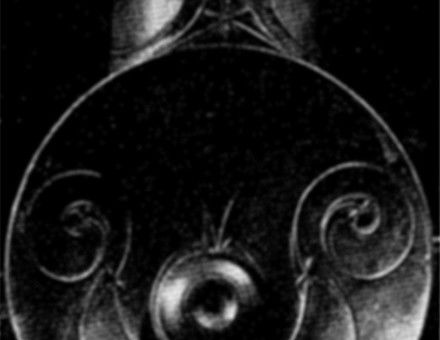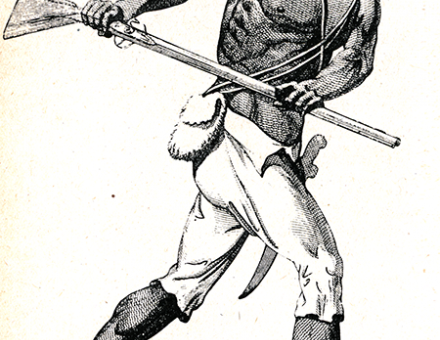Lady Mary Wortley Montagu: Her Place in the Eighteenth Century
Robert Habsland introduces an intrepid traveller, an appreciative tourist and an ardent advocate of feminism; Lady Mary was the first distinguished woman of letters that England had seen.




